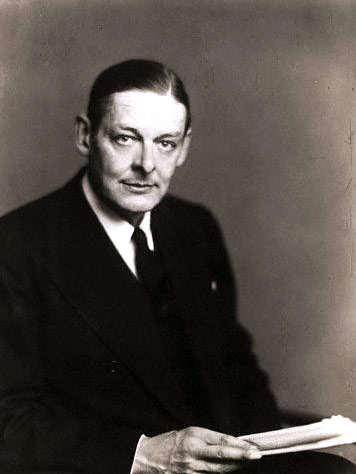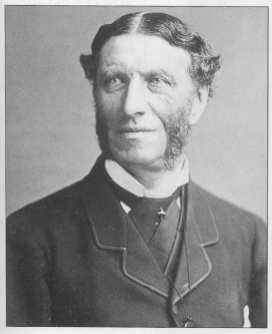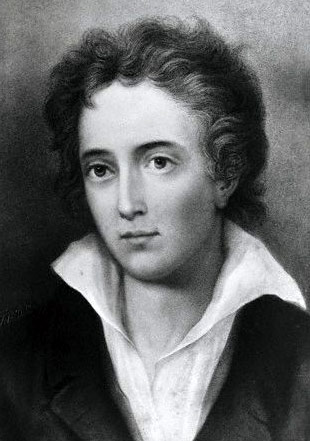
This past week in my senior seminar class we had an art professor come and speak about an art project he had recently completed. My professor hoped that my classmates, fellow writing concentrations, and I would consider the similarities between the life of an artist and the life of an author. I will admit that when I first discovered that this artist was coming to speak in our seminar I thought it quite odd. Why invite an artist as a guest speaker? Couldn’t my classmates and I gain more if we were to have a writer come in as a guest speaker? Naïve was I to the realization that artists and writers likely have more similarities in relation to their careers than they do differences. We share the commonality of the creative mind, and face the same challenges as we go about our creative art. In my attempt to draw further connects between art and literature/writing I decided to delve into the work of formalist artists.
In his article titled, Classicist, Animist, Formalist, Iconoclast, author Steve Durbin draws and explains the diagram, located at the top left hand side of this page. The diagram is Durbin’s attempt to outline artistic approaches. Durbin suggests that depending on where one falls on the two axes in regards to favoring tradition vs. revolution and with consideration given more to art or life, one can be classified as a classicist, animist, formalist, or iconoclast. The diagram projects the formalist as one who strongly upholds both art and revolution, or that which is new over tradition.
In class on Tuesday there seemed to be a great deal of confusion in response to the essay coauthored by Wimsatt and Beardsley. Perhaps in most elementary terms it can be suggested that the formalist critic most strongly upholds writing and revolution. The formalist critic consciously aims not to bring personal experience, or foreknowledge in relation to the author or historical time period, to his or her analysis of the work under critique.
Sometimes sitting in literary criticism class feels all too much like sitting in philosophy class freshman year. My brain feels like it is participating in some extreme cartiactic workout and when class is over I leave the room wondering if I can be sure of anything. According to Wimsatt and Beardsley, if there is a distinction between what the poet created and what the poet intended to create, then the poem is not well written. This seems odd to me, perhaps because the seemingly antiformalist training I have had as an English major. It seems that regardless of how well written a poem is, it is guareenteed that it will be interpreted with a variety of meanings. This because we, interpreters, are fallible beings, when interpreting meaning we all bring our discourse, but I guess a formalist wouldn’t agree with this postmodern statement.
Check out Durbin's article in Art & Perception: http://www.artandperception.com/2008/01/classicist-animist-formalist-iconoclast.html






